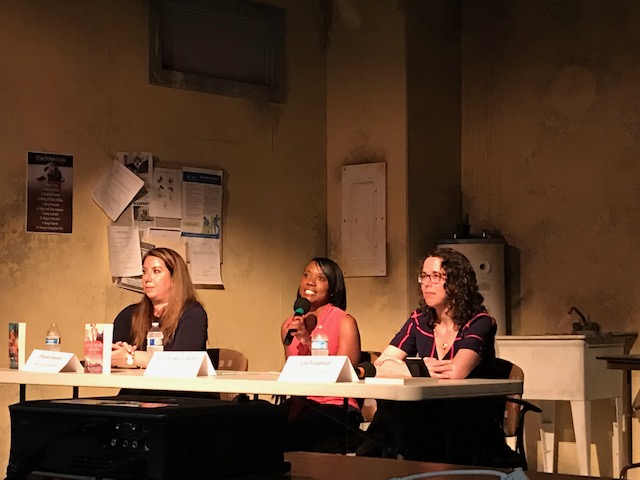Things New Writers Need to Know
/I had coffee this weekend with a twenty-something who wanted to talk about writing. Here are some of the things we talked about and some of the lessons I’ve learned along my writing journey (that I wish I had known at the beginning).
You may be very fortunate, and your book is the next international best seller that takes the world by storm. But for every one that tops the charts, there are thousands or millions of other books that don’t. Dream big, but be realistic in your planning.
If you are going to go the traditional route of publishing (querying an agent, submitting to publishers,…), you will find that it is a slow process with a lot of waiting. Use your time wisely and write your next book in the down time.
Writing is a business. It’s work. If you want to be an author, you need to put in the time to learn/hone your craft and market your book. But don’t get too bogged down in reading “learn to write” books that you never actually start writing. I have found two books that have been really helpful, Stephen King’s ON WRITING and Janet Evanovich’s HOW I WRITE. (I donated all the other ones that I bought to the Friends of the Library.)
Rejection, bad reviews, and negative comments are part of the process. They stink. Nobody likes them, but you need to be able to learn from mistakes and keep trying if you believe in your work.
Your book needs to be the best that it can be before you start querying agents/publishers. It is rare that you get more than one shot at an idea.
Read everything you can get your hands on. Read books in the genre that you want to write. Make sure you know the conventions (rules/traditions) and word/page counts for your genre. Follow readers that you like on social media and watch what they do.
Self-publishing and book marketing (even if you are traditionally published) can be expensive. You need to set your budget and plan your strategy and spending.
Publishing is a business. Make sure you have a statement of work or a contract if you hire someone to do work for you (e.g. editing, formatting a book, designing a cover, planning a marketing promotion).
Agents/Editors/Publishers receive a lot of queries. They are looking for fresh ideas that will sell. Your manuscript needs to stand out in a pile of others. You need a unique hook that draws readers in. They are also looking or quality work. If you don’t follow submission guidelines, have something that’s riddled with typos, or doesn’t follow the conventions of the genre, you make it easy for them to move it to the reject file.
Make sure you read all of your contracts and royalty statements and understand them.
There is no other feeling like typing, “the end” on your manuscript. Celebrate. But this is really just the beginning. You need to make this work the best it can be. Editors, proofreaders, critique partners, and beta readers are invaluable. It is a rarity that anyone’s first draft is in a state ready to be published.
Watch out for scams on social media. You will be bombarded with offers. If they seem too good to be true, they probably are.
Find a writers’ group, preferably in your genre. You need a network who can help with ideas and advice and celebrate your victories. My membership in Sisters in Crime, Guppies, and James River Writers has been invaluable.
I Have News!
My agent received three offers on my new series, the Jules Keene Glamping Mysteries. And over the Independence Day weekend, I signed a three-book deal. The first one launches October 2021.








